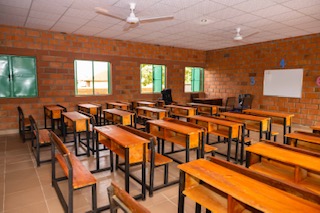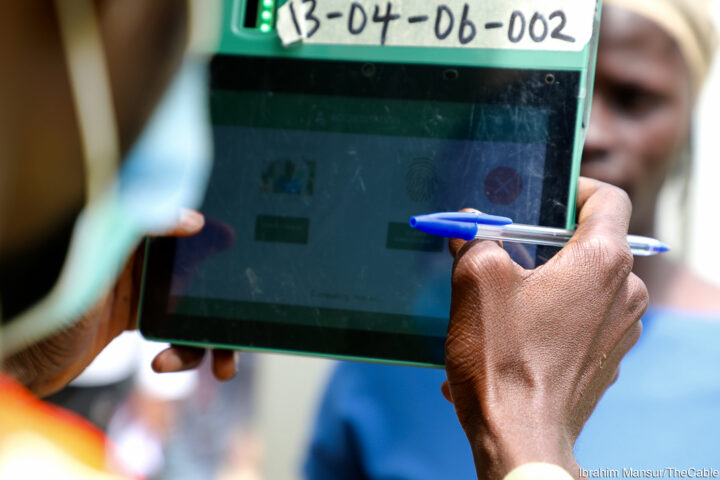Nigeria loses about $40 billion in potential revenue due to the less educated population, a report by SB Morgan (SBM) Intelligence has found.
SBM, a research organisation, said the rate of regular school attendance and early childhood education remains poor in the country.
The SBM report said the country’s highest out-of-school children rates are in the north owing to the late acceptance of formal education in the region.
The report said data from the United Nations Children’s Fund revealed that about 20 million Nigerian children between the ages of 5 and 14 are classified as out-of-school.
Advertisement
The 2021 National Bureau of Statistics multiple indicator cluster survey indicated that only 61 percent of six to eleven-year-olds attend primary schools regularly in Nigeria, the report said.
SBM said there is a huge disparity in school attendance in the north and the south, adding that enrolment rates in Bauchi, Borno, Gombe, and Sokoto are as high as 48-60 percent with early childhood rates at 3-7 percent.
‘TROUBLING’ SCHOOL ATTENDANCE RATES IN NORTH
Advertisement
“Nigeria has the highest number of out-of-school children in the world. According to UNICEF data, about 20 million Nigerian children between the ages of 5 to 14 years old are classified as out-of-school,” the report said.
“The situation becomes more worrying when data from the 2021 National Bureau of Statistics (NBS) multiple indicator cluster surveys are taken into account. Only 61 percent of 6-11-year-olds regularly attend primary school and 35.6 percent of children between the ages of 36-59 months (3-5) years receive early childhood education.
“Nigeria’s north is home to troubling school attendance rates with states like Bauchi, Borno, Gombe, Sokoto, among others with out-of-school rates that hovers between 48-60% and early enrollment rates in the 3-7% range.
“The out-of-school rates in the regions outside the north were much better with one-digit percentage figures being the norm. This is no surprise considering the north’s cultural resistance to formal primary school education.
Advertisement
“This resistance to western education traces back to the arrival of the colonial administrators and Christian missionaries in the region with the people inferring that the adoption of western education will lead to their proselytization and conversion to Christianity.
“The region has been paying the social price of a decade-long insurgency with many school-gage children being drafted into terrorist groups as foot soldiers. Also, the region is an economic underperformer and battles extreme poverty.
“The widespread poverty is also linked to poor education for the girl-child as UNICEF statistics estimate roughly 60% of female children in the north are out-of-school. This partly explains the prevalence of early child marriages which cause rapid population growth that contributes to poverty.”
INSECURITY ‘AFFECTING’ ENROLMENT IN SOUTH-EAST
Advertisement
The report said the south-east has a poor early childhood enrolment rate of between 6-12 percent, adding that Anambra has the lowest figure with 20 percent school-age population currently out-of-school.
It noted that the situation in the south-east is partly influenced by the insecurity challenges caused by the separatist groups in the geopolitical zone.
Advertisement
On the economic impact of out-of-school children on the country, SBM Intelligence said data from the Centre of African Economic Studies showed that “adults who are out-of-school, that is, did not receive foundational education could not contribute to the country’s productivity in the long term”.
“Consequently, Nigeria loses a whopping $40 billion, a figure which is roughly (7.83% of GDP) of the country’s GDP of 432 billion dollars (Nigeria’s GDP) in lost revenue productivity due to less educated population which is larger than the combined GDP of Mali, Chad and Burkina Faso,” the report said.
Advertisement
SBM added that children who are deprived of quality education are at risk of damaged foundation which exposes them to social incompetence that prevents them from being properly integrated into family, workplace or society.
Advertisement
Add a comment





